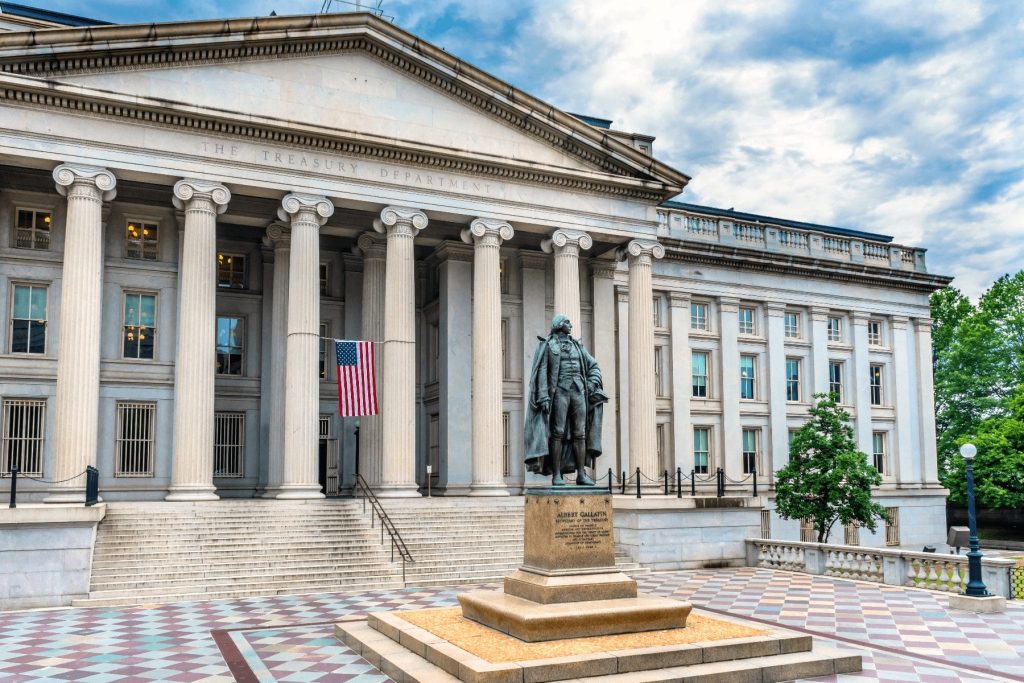The US Treasury’s Office of Foreign Assets Control (OFAC) recently imposed sanctions on 13 entities and two individuals accused of developing crypto-related services that could help Russian nationals evade sanctions in their conflict with Ukraine. The designations are aimed at disrupting Russia’s use of the global financial system to fund its war against Ukraine. Brian Nelson, Under Secretary of the Treasury for Terrorism and Financial Intelligence, emphasized the importance of exposing and disrupting companies that assist sanctioned Russian financial institutions in reconnecting to the global financial system.
Among the entities designated by OFAC are B-Crypto, Netex24, Tokentrust Holdings, Bitpapa, and Crypto Explorer. According to the office, these entities developed or operated blockchain services in Russia and facilitated transactions with sanctioned banks, crypto exchanges, and darknet markets. Chainalysis, a blockchain analysis firm, highlighted that Netex24 and Bitpapa were involved in transactions with pro-Russian militia and propaganda groups, including the OFAC-designated militia group MOO Veche. The entities were found to operate in regions like Donetsk, Luhansk, and Crimea in Ukraine.
The US government’s focus on the crypto space has intensified in recent years, leading to a series of sanctions on individuals and entities involved in illicit activities. In the past, OFAC has sanctioned crypto traders who assisted North Korea’s Lazarus Group in converting millions of dollars worth of crypto into fiat currency. Additionally, the office imposed sanctions on networks associated with the Palestinian militant group Hamas in response to attacks on Israel in October last year. The actions reflect the government’s efforts to curb illicit use of cryptocurrencies and prevent entities from evading sanctions through alternative payment mechanisms.
OFAC’s rules prohibit US individuals from engaging in transactions with designated entities within the US. Financial institutions and other entities are required to comply with these sanctions to avoid serious consequences. Any involvement with the sanctioned parties through transactions could lead to severe repercussions, highlighting the importance of adhering to regulatory guidelines. The designations of the entities like Netex24 and Bitpapa demonstrate the government’s commitment to detecting and disrupting activities that enable sanctioned entities to bypass restrictions and continue access to the global financial system.
The US Treasury’s latest sanctions on entities involved in crypto-related services underline the escalating scrutiny on cryptocurrency activities by the government. By targeting organizations that enable sanctioned Russian entities to circumvent US sanctions, the government aims to disrupt illicit financial flows and prevent the misuse of cryptocurrencies for unlawful purposes. The actions taken by OFAC and other regulatory bodies reflect a broader effort to enforce compliance with financial regulations and safeguard the integrity of the global financial system. Through continued monitoring and enforcement measures, authorities seek to address the risks associated with the increasing use of cryptocurrencies in illicit activities and sanctions evasion.















